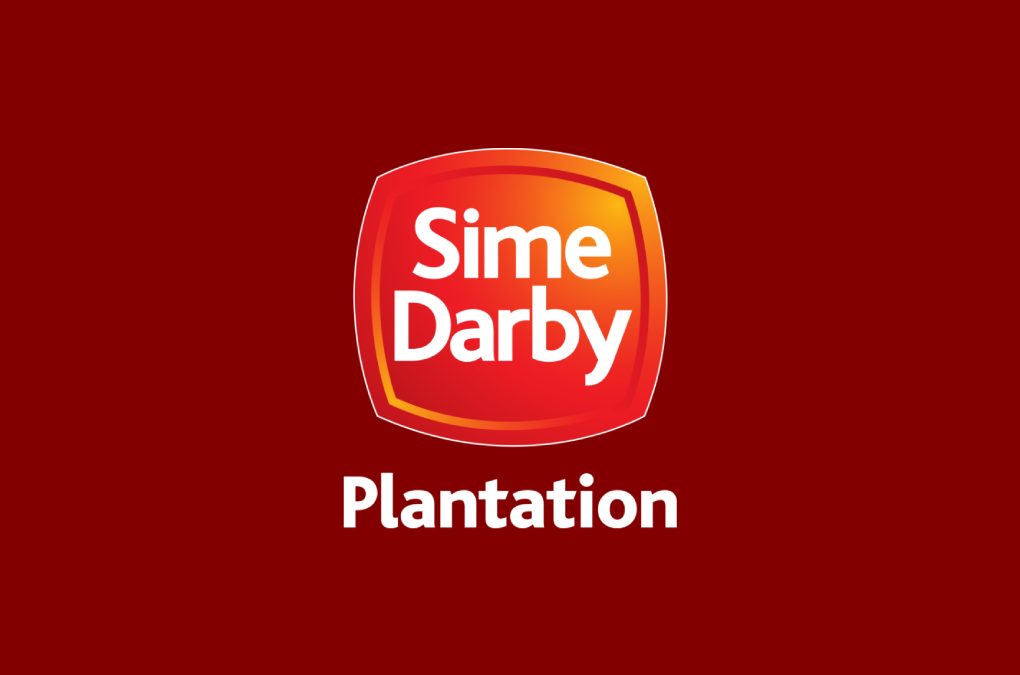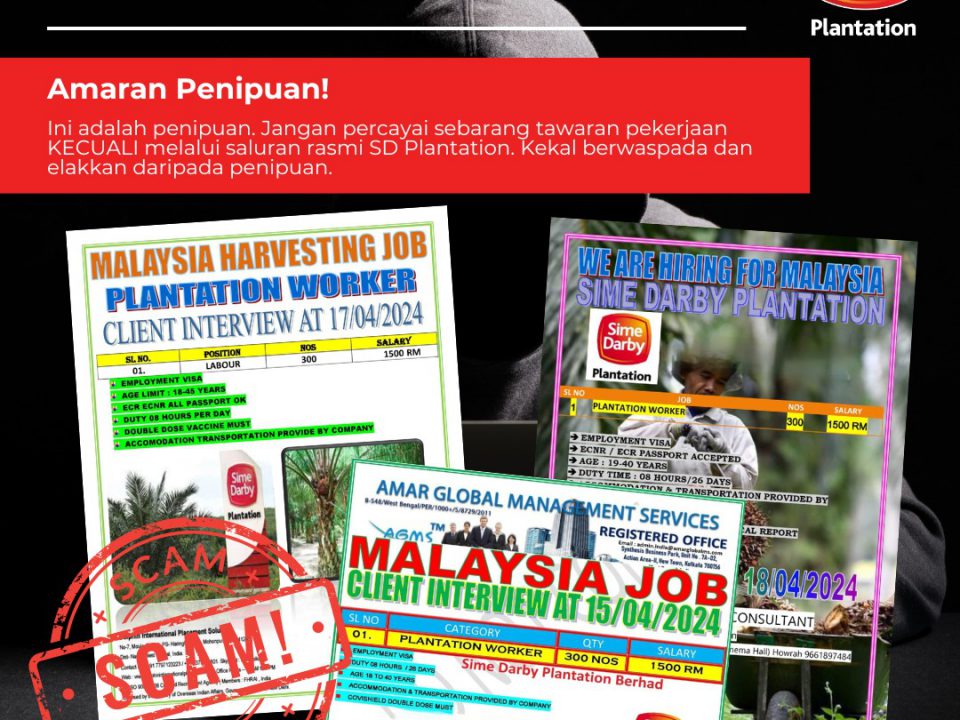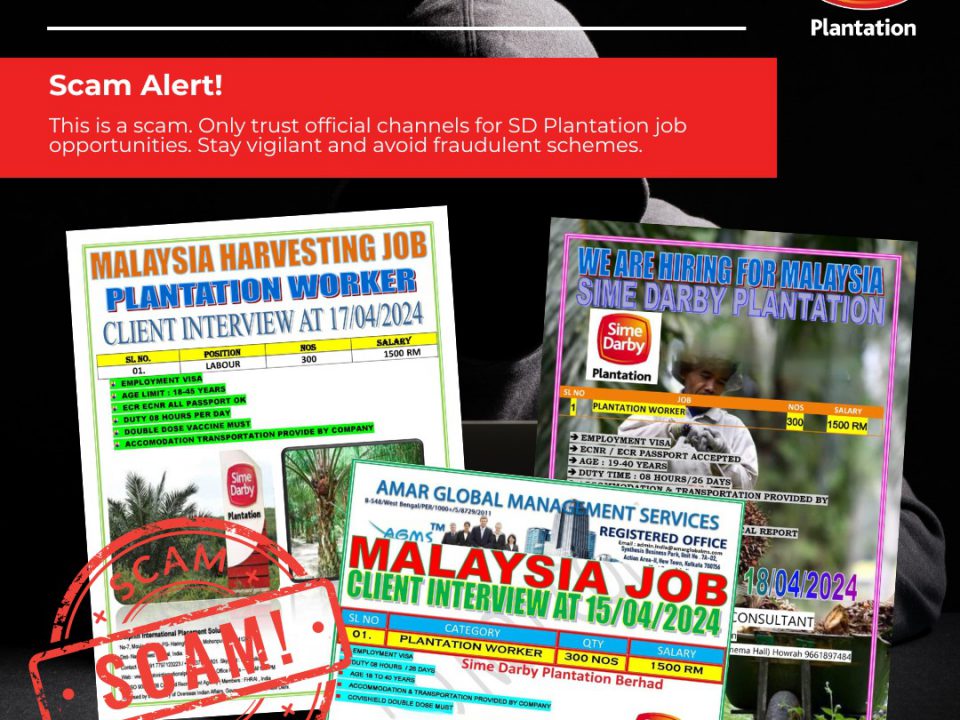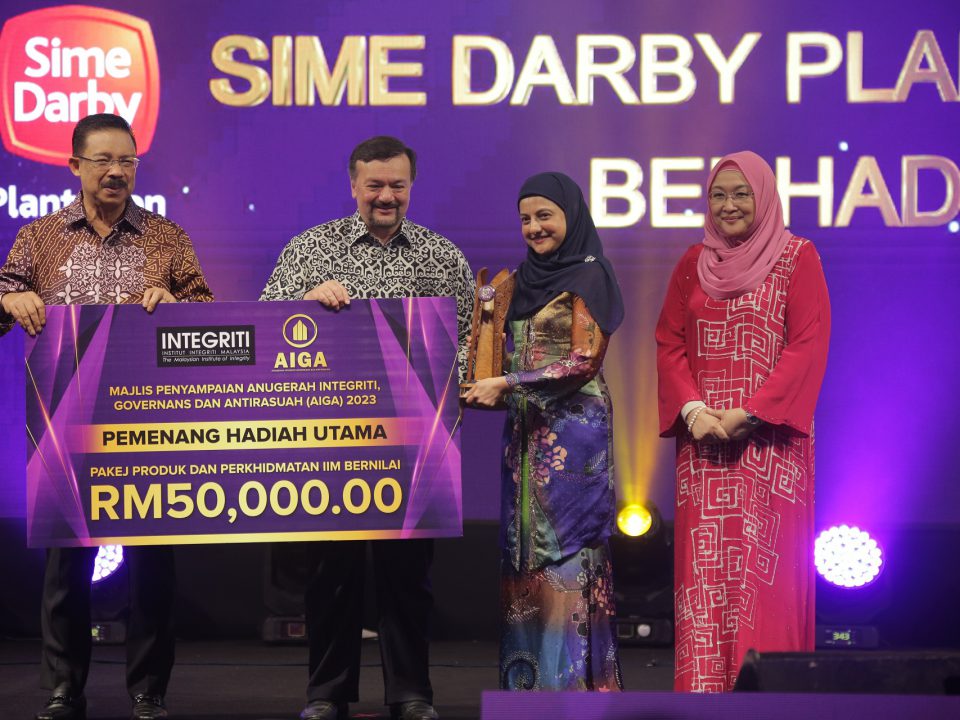Response to Greenpeace’s Release on the Sustainable Palm Oil Manifesto


Response to Greenpeace's Release on the Sustainable Palm Oil Manifesto
This is in reference to Greenpeace’s article “Greenwash alert as palm oil companies sign onto continued deforestation”, published on 11 July 2014.
Kuala Lumpur, 17 July 2014 - As the world’s largest producers of sustainable palm oil and key players of the industry, the Signatories to the Sustainable Palm Oil Manifesto strive to engage and work with all relevant stakeholders, especially in projects of major importance such as the High Carbon Stock (HCS) Study.
This co-operative approach was the basis of the Sustainable Palm Oil Manifesto, which aims to bring together everyone across the palm oil value chain; from growers, traders and processors, to end-users and non-governmental organisations (NGOs), to agree to an increased commitment to responsible and sustainable development, enhancing the standards already set by the Roundtable on Sustainable Palm Oil (RSPO). In view of the original intent and the spirit of inclusion and engagement, the Signatories of the Manifesto appreciate the feedback from the Greenpeace press release titled “Greenwash alert as palm oil companies sign onto continued deforestation”, issued on 11 July 2014.
The initial Signatories of the Manifesto are growers that together produce almost a tenth of, and physically trade more than a third of global palm oil. They include Apical, Asian Agri, Cargill, IOI Corporation Berhad, Kuala Lumpur Kepong Berhad, Musim Mas Group and Sime Darby Plantation.
A critical commitment under the Manifesto is the agreement to fund a major scientific study to determine HCS thresholds, in the absence of an industry-accepted methodology and standard for what constitutes HCS. Global agribusiness group, Wilmar International Ltd, although not a signatory to the Manifesto, has joined the group to co-fund the study.
A steering committee led by two respected co-chairs - leading environmentalist Sir Jonathon Porritt and eminent soil scientist Dr John Raison - has been established, comprising representatives from the Signatories, Wilmar International Ltd and other key stakeholders. Representatives from the RSPO and the Sustainable Trade Initiative (IDH) are observers and will actively contribute to the process. We are very much encouraged by the level of interest in this study and the fact that several other organisations have expressed their intention to support our efforts.
Critical socio-economic considerations
The new HCS study, funded by the Signatories, will adopt a holistic approach to sustainable development, addressing the concerns of all stakeholders. It will build on existing scientific work on carbon stocks, and will include a critical component for socio-economic considerations and the right of a country to sustainable development.
Led by renowned, independent experts in environmental and socio-economic research, the study will consider the right of developing nations and the people living in them to expect, anticipate and drive sustainable development, using the resources available to them, including land. The technical and social studies will be conducted over a 12-month period, and will be subject to transparent peer reviews.
It is our belief that most stakeholders within the palm oil value chain are supportive of this effort and we expect the veracity of the findings to withstand the scrutiny of the scientific community; the governments of poor and developing nations with a mandate to elevate their people out of poverty; the communities and their advocates in those developing nations who have worked in the past, and continue today to work with the companies that are funding the HCS Study. We are also very mindful and respectful of the fact that the inputs of the respective governments, especially with regard to land use policies and social economic development are crucial and a realistic solution is not possible without their involvement and endorsement.
NGOs invited to join the process and contribute positively
As Greenpeace is aware, in our effort to engage all stakeholders and secure as much input as possible in this groundbreaking work, the Signatories to the Manifesto extended an open invitation to NGOs to participate in the HCS study. In fact, discussions with various NGOs, including Greenpeace, about their participation have been ongoing for more than seven months, and the invitation remains open.
We welcome constructive and considered input, but are mindful of the practical challenges that lie ahead, to secure a global commitment to sustainable development, similar to the achievements of RSPO member companies. Therefore, work on the HCS study has started, to ensure that valuable time is not wasted while discussions with NGOs continue, as we understand the urgency of the matter. Ultimately, our objectives are similar, that is, to ensure sustainable development is achieved.
The Signatories understand that Greenpeace's main concern against the efforts to fund and undertake the HCS study, is to ensure that until the study is completed, palm oil companies will only plant on grassland and scrubland. While Greenpeace’s intention to maintain HCS areas is laudable, the Signatories would like to highlight that this request does not in any way acknowledge the role of governments and rural communities to assess their own rights to development, leaving the decision solely to NGOs and companies. This, we believe, is unacceptable and all conversations that limit sustainable development must include these critical stakeholders before policies are implemented, as they have the potential to cause long-term impact.
Also, it must be borne in mind that all the Signatories are members of the RSPO and are already preserving virgin forests, High Conservation Value (HCV) areas, and peat land. As required by the RSPO, the Signatories are committed to the implementation of Criterion 7.8, which includes voluntary submission of carbon maps and estimated GHG emissions to the RSPO’s Emission Reduction Working Group, to help develop a more robust methodology for carbon assessment and GHG emission estimates. Several Signatory companies have also conducted preliminary studies for the identification and measurement of carbon stocks for pilot areas on existing plantations, conservation set-asides, as well as new plantation development, in addition to conducting tests using the RSPO’s PalmGHG calculator for new plantations. Over and above these commitments to the environment, the Signatories all strictly observe the principles of Free, Prior and Informed Consent, and engage with local communities. All Signatories have, or are developing smallholder programmes.
These commitments are among the most stringent in the agricultural industry globally, yet Signatories have pledged to further strengthen these sustainability standards through the Manifesto. Once the new HCS study is completed and HCS thresholds suitably defined with due consideration given to socio-economic factors, the Signatories will implement the new standards. It is very clearly stated in the Manifesto that the HCS study will take 12 months.
Greenpeace has also made two additional claims that are incorrect. The commitment to no deforestation and protecting peat areas will apply across the entire supply chain of Signatories. Furthermore, Signatories will not do business with serious repeat violators of the RSPO’s principles and criteria. Signatories have also committed to promote the principles of the Manifesto in plantations where they do not have controlling stakes.
Existing methodology
The Signatories have taken into consideration the useful work carried out by Golden Agri Resources (GAR), Greenpeace, and The Forest Trust (TFT) in piloting a HCS study in 2011. As stated, the Signatories believe that it is imperative that the views of governments and local communities, as well as the socio-economic implications are considered. Similar studies in this area will also be reviewed by independent technical teams to ensure that the final result of our study is robust and meets all rigorous scientific criteria.
We also wish to draw your attention to RSPO’s “Carbon Assessment Tool for New Oil Palm Plantings” published in June 2014. Appendix 2: Limitations, Gaps & Opportunities states that there is subjectivity in land cover stratification and errors in biomass estimation, largely due to the inappropriate choice of allometric models used. The report emphasised the need for more reliable allometric models with better predictive ability for biomass estimation, and acknowledged the need and urgency to define the threshold value for ‘high carbon stock’. This report is a product of multi-stakeholder discussions, including those with environmentalists and NGOs. In our effort to develop a transparent science-driven initiative, we ask that Greenpeace lend its support to help make this a more robust endeavour by providing constructive inputs.
Sir Jonathon Porritt, co-chair of the steering committee for the HCS study, commented on the importance of the study. “I see this study as a critical test of what full-spectrum sustainability - taking into account all environmental, social, cultural and economic factors, at the global, national and local level - means in practice,” he said.
As members of the RSPO, Signatories are raising the bar on already stringent sustainability standards set. The Sustainable Palm Oil Manifesto and the HCS study are serious commitments by Signatories to continue moving forward in all aspects of sustainable development. Once again, we invite Greenpeace to constructively contribute to this work and support the advancement of sustainability across the palm oil supply chain.



